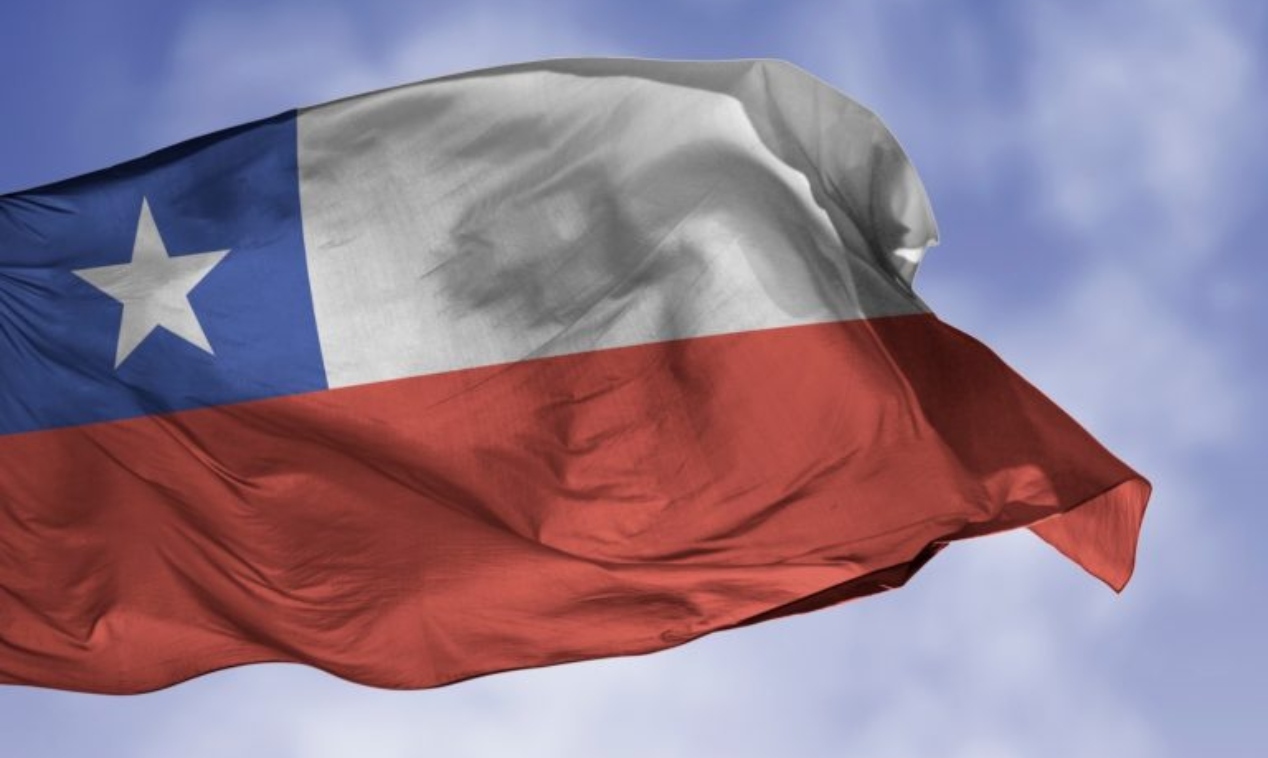On February 15 Chile’s constitutional convention finally started plenary discussions of points that are under consideration for revision as part of a new national constitution.
The daily sessions deal with proposed norms drafted by the convention’s seven thematic committees, including the Environment and National Assets committee, which caused a storm on February 1 by provisionally approving a proposal for nationalization of mines and the companies operating them, as well as closing down mines that happen to be on indigenous land. It is not clear when this norm will be tabled for plenary discussion, but there is still a possibility that it will be alteredvbefore reaching that stage, since it is among several that are still subject to further discussion by the environment committee. Commentators were quick to point out that there will be several opportunities for the proposal to be reworked or even rejected, but the first few plenary sessions since February 15 have set a tone of rapid approval of the draft norms, with 14 out of 16 approved on the first day (relating to the justice system) and 28 out of 36 norms on the second day (relating to state governance and decentralization). Each norm requires a two-thirds majority for plenary approval.
While agreeing that the pace of approval is indeed worrying considering the extreme nature of clauses like this one, Rony Zimerman, natural resources sector expert at Chilean law firm Lembeye, doubts that the nationalization clause will prosper under plenary discussion. “It’s completely illegal and impractical. They can’t do this without paying unsustainable expropriation costs and becoming mired in international litigation,” he told Chilexplore Report.
The Constitutional Convention was elected in May 2021 and in early October completed the work of drafting its internal operating rules. At this point the seven internal committees were convened to draft new versions of the norms most in need of change.
The general focus of these committees is:
- Political system (including electoral system and legislation)
- Constitutional principles of democracy, nationality and citizenship
- State governance and decentralization
- Fundamental rights
- Environment, national assets and economic model
- Justice system and constitutional reform
- Science, technology, education and culture
It was previously agreed that once the structure of the convention and its committees was complete new leadership would take over, and on January 4 convention members voted María Elisa Quinteros as its new president, replacing Elisa Loncón, who gained fame as the first Mapuche person to preside over a legislative body in Chile.
THREAT OF INCREASED COSTS INCHES CLOSER
Meanwhile, life goes on, and Chile’s legislative bodies are progressing with bills that have nothing to do with the constitutional discussion, but nevertheless promise to severely impact the mining sector.
Chief among these was a modification of the general mining law on February 4 to eliminate a number of tax breaks, and most importantly raising exploration fees (“patentes”) to 3/50 UTM per hectare (currently CLP$3,292/US$4.1 per hectare) from today’s rate of 1/50 UTM per hectare.
The modification gives companies four years to engage in exploration rather than the current limit of two years, but does away with the option to renew the license or for companies to apply for a new concession over the same area – a loophole that according to Zimerman has allowed companies to sit on unexplored claims for years.
Another measure discouraging such hoarding is the introduction of variable fees for the exploitation license, at 3/10 UTM per hectare for firms actively mining the property, but 4/10 UTM per hectare for any property that shows no evidence of activity. When copper prices boomed late 2020, the idea of adjusting patente rates was proposed as a preferable alternative to increasing the royalty on copper production, and local press has suggested that this modification of mining law confirms such a stance. However, the same week that this adjustment was passed the upper house mining committee approved a 2018 bill proposing changes to the mining royalty introduced in 2005, and passed the bill on to the upper house finance committee. Zimerman confirmed that the mining law modification does nothing to eliminate interest in pursuing the royalty bill, which for many is driven as much by ideological views on the sovereignty of Chile’s natural resources as by the immediate need to help with government finances.
Modification of the mining law was one of ten adjustments to tax exemptions (others affecting luxury goods, inherited life insurance payouts, and VAT credit for construction firms, for example) intended to boost financing for a new pension model called the Guaranteed Universal Pension (PGU in Spanish). The government estimates that the PGU requires additional financing equivalent to 0.95% of GDP and these ten adjustments can account for 0.67%, including 0.11% by virtue of the modified mining law.
To add insult to injury, in January finance minister Rodrigo Cerda admitted that current financing is sufficient for the PGU program, but said the ministry would include additional sources to increase the chance of the pension reform being approved.
DISARRAY IN ENAMI
In parallel, it emerged that the current administration of Sebastián Piñera, barely a month before handing over to the new government, decided to sell off a number of real estate assets belonging to state-run, small miners’ administration firm Enami. In response to protests from incoming mining minister Marcela Hernando, Enami vice president Enrique Valdivieso confirmed that this was due to serious debt and cash flow issues at the organization, but denied that the assets on sale include Enami’s head office in Santiago or any other property that is deemed absolutely necessary. He also noted that the final decision on selling assets will be left for the incoming Enami administration. It’s worth noting that the incoming government’s plans to increase mining royalties, possibly going beyond the bill currently under discussion, are partially intended to finance technological upgrades for Enami and its members.
Fuente: Chile Explore Report


